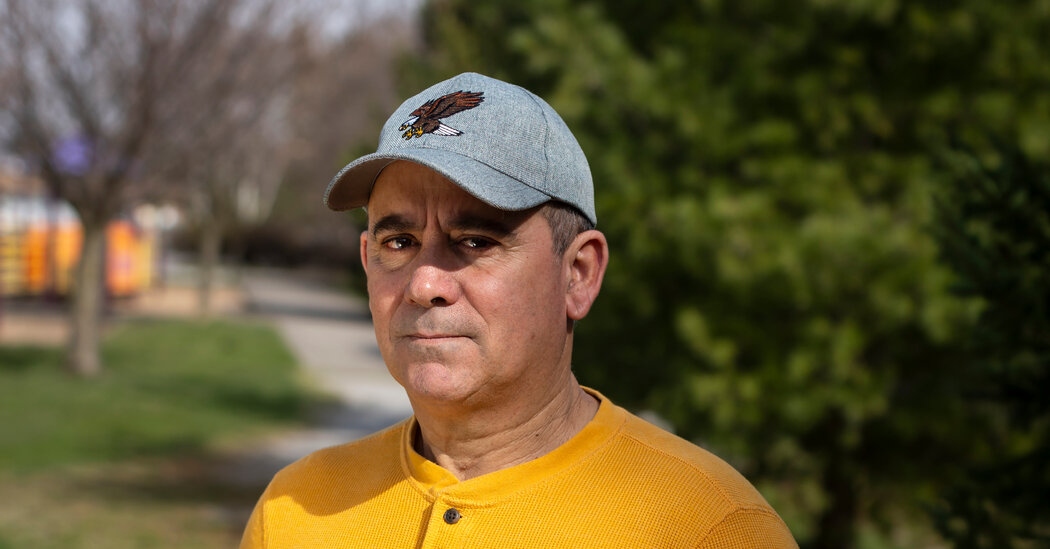
Reports and interviews shed new light on the holding center, where migrants’ calls with lawyers are monitored and some say they’ve been forced to wear blackout goggles.
For decades, migrants intercepted at sea as they try to reach the United States have been sent to a facility at Guantánamo Bay, Cuba, a place better known for the U.S. prison camp for terror suspects.
Although migrants are kept in a separate space, they exist in a form of legal limbo, confined to a military base that operates outside of standard American immigration laws. The situation has always been opaque, with little public information about what happens there.
Now, internal government reports obtained by The New York Times, along with interviews with migrants and advocacy groups, have shed more light on the conditions on Guantánamo, including allegations that migrants have been forced to wear blackout goggles during transport through the base; that their calls with lawyers are monitored; and that some areas are unfit for habitation, with rats and overflowing toilets.
“I left Cuba hoping to find freedom,” said Alberto Corzo, who fled his country with his wife, three sons and a handful of others who managed to squeeze into the small wooden boat that he spent a month building as he planned his escape.
After the Coast Guard stopped them and delivered them to Guantánamo, Mr. Corzo said he and his family saw their dreams of America dwindle. “We felt like prisoners of the United States,” he said, “with certain privileges.”
In response to a request for comment, the Department of Homeland Security said migrants were kept in a facility consistent with its care and housing policies. But the agency’s own inspectors, who visited the facility in March 2023 to look into complaints from advocacy groups, found cause for concern. They recommended that the department stop holding children at Guantánamo altogether and bring families to the United States to be processed instead.
This post was originally published on this site be sure to check out more of their content.








